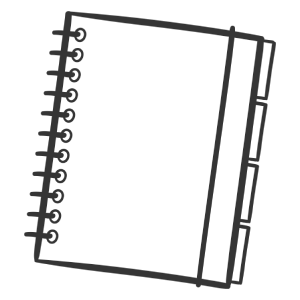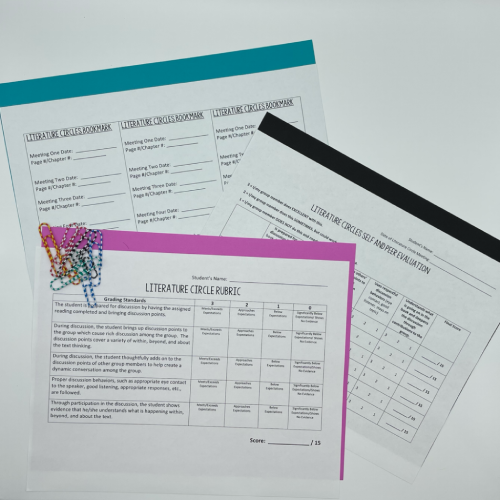There are many times throughout a school day where as teachers, we request that students complete a task. From our perception, what we are asking students to do is not “hard”. We feel that we have prepared them through our teaching to complete the learning opportunities that we have prepared for them. When they complain, refuse to complete an assignment, complete it but totally miss the point, etc., we feel annoyed, confused, frustrated, and the list of emotions goes on and on.
Last year, as I was learning the Literacy Collaborative framework, I learned how to teach lessons as minilessons. A minilesson consists of: a minilesson statement, modeling, have-a-go, application, and share. As I began to teach in this framework, the part that I saw have the most positive effect on my students during the Writing Workshop was the modeling portion. Now that I have been teaching this way for a year and a half, it just seems like common sense to show my students what I’d like them to do in their writing by modeling it in mine. It seems that doing this makes what I’m asking them to do tangible.
Another thing that it does, is it allows me to take a step back and ask myself if what I’m asking them to do in their minilesson statement is worthwhile and meaningful to them, not as a teacher, but as a writer. There have been times that I have attempted to do what I’m asking my students to do in their writing with my writing and realized that it was too hard, pointless, etc. I can then easily adjust the minilesson statement. I think that if every teacher stepped into the shoes of their students and asked themselves the questions: Am I able to do this activity? Is this a worthwhile activity? What am I learning from completing this task? Do I enjoy doing this as a learner? that we would eliminate the middle school students refusing to do work.
I had a large group of high school teachers come in to watch my co-teacher, Kelly, and I teach with the Reading and Writing Workshop framework. During the debrief of the lesson I had a teacher ask me, “What if your students refuse to do it?” My response was, “Did you see any of our students refusing to engage in their reading and writing?” I’m not saying it’s perfect, nothing ever is, but what I can say is that I truly believe Kelly and I have a classroom where all 25 of our middle school students are engaged in reading and writing on some level of a learning continuum. All students are reading and writing, and we rarely, if ever, have a student refuse to do what we are asking them to do as a reader or as a writer.
I know one of the big reasons this is true is because during the Reading and Writing Workshop, Kelly and I don’t always present ourselves as “the teachers.” Instead, during the modeling portion, we present ourselves as learners, just like our students. We use language such as: “As a reader, I thought about…” or “As a writer, I made this decision in my writing because…” The result is our students associate us as fellow readers and writers in a community of learning with them.
Modeling the writing that you are asking students to do gives them an example that is high quality and full of little tidbits children can take and apply to their own writing. They also see, if my teacher can do it, so can I. The writing becomes attainable. It’s also fun!!! Going through the writing process with students and getting the chance to write in all sorts of genres brings me back to why I always loved to write. You also have a piece of your writing to model how to revise, edit, and publish with. It’s especially powerful when students see that even their teacher can edit and revise her writing to make it better. I feel that my passion for reading and writing has become reignited because I am ACTUALLY reading and writing. That passion shines through during the teaching of the minilesson.
So try it out!!! Model your reading and writing and share it with your students. Let me know how it goes or how you already use modeling in your classroom. I would love to hear from you.
Kasey
(Visit my TPT store to download a free resource on teaching using minilessons in the Writing Workshop (and the Reading Workshop)-see the link below!)





